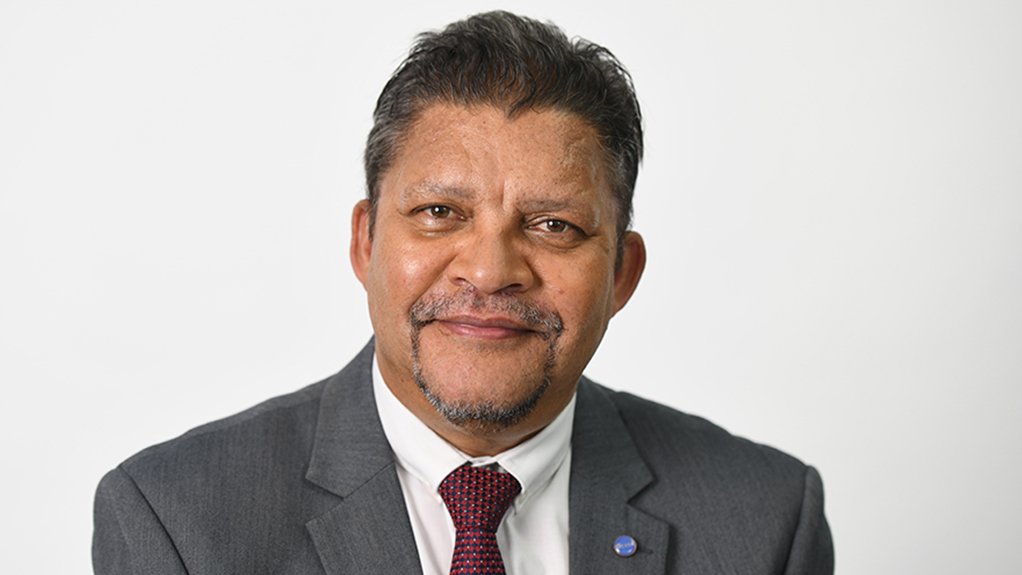Industry organisation Consulting Engineers South Africa (Cesa) CEO Chris Campbell has expressed reservations about the proposed creation of an Office of the Engineer-General within the public sector.
He warns that this could introduce “unnecessary” bureaucracy and additional costs, without tackling the core issues behind South Africa’s infrastructure challenges.
In response to reports that the Department of Public Works and Infrastructure plans to proceed with establishing the Office of the Engineer-General South Africa, Campbell has questioned the effectiveness of adding another oversight structure.
He says that while oversight bodies do play an important role in promoting accountability and service delivery to an extent, their effectiveness depends considerably on factors such as independence, adequate resources and institutional capacity.
While South Africa has institutions such as the Human Rights Commission, the Public Protector and the Auditor-General, these bodies often face challenges in maintaining their independence and ensuring their recommendations are implemented effectively, Campbell asserts.
“Is an Office of the Engineer-General going to be able to effect meaningful change in infrastructure delivery that ensures value for money? Will it have the capacity and authority to exercise oversight on the full span of public entities responsible for public infrastructure delivery and add value to resolving the many issues that limit their own abilities to fulfil their obligations in this respect? Will it simply do what other such oversight bodies already do?” he questions.
Campbell mentions that the obstacles to infrastructure delivery are multifaceted, with these being both internal and external to public entities.
Some of the latter relate to organised criminal activity, vandalism and corruption.
“This is not limited to the prevalence of what has commonly been referred to as the ‘construction mafia’. We need to look further at why water supply systems are vandalised and why hospitals and schools are destroyed by fires, creating demand for water tanker contracts and rebuilding existing facilities – when in reality there is genuine need for adding new facilities to meet the growing demand for such public facilities,” Campbell explains.
He urges government to prioritise the professionalisation of the public sector, enforce consequence management and address the damaging legacy of cadre deployment.
“This involves ensuring that persons responsible for managing such service delivery and infrastructure have the requisite skills and competencies to do so and without interference by non-executive partisan actors that has left many technical departments technically under-resourced and most often not managed or mismanaged,” Campbell says.
He advocates for a more practical and collaborative approach moving forward. ![]()






